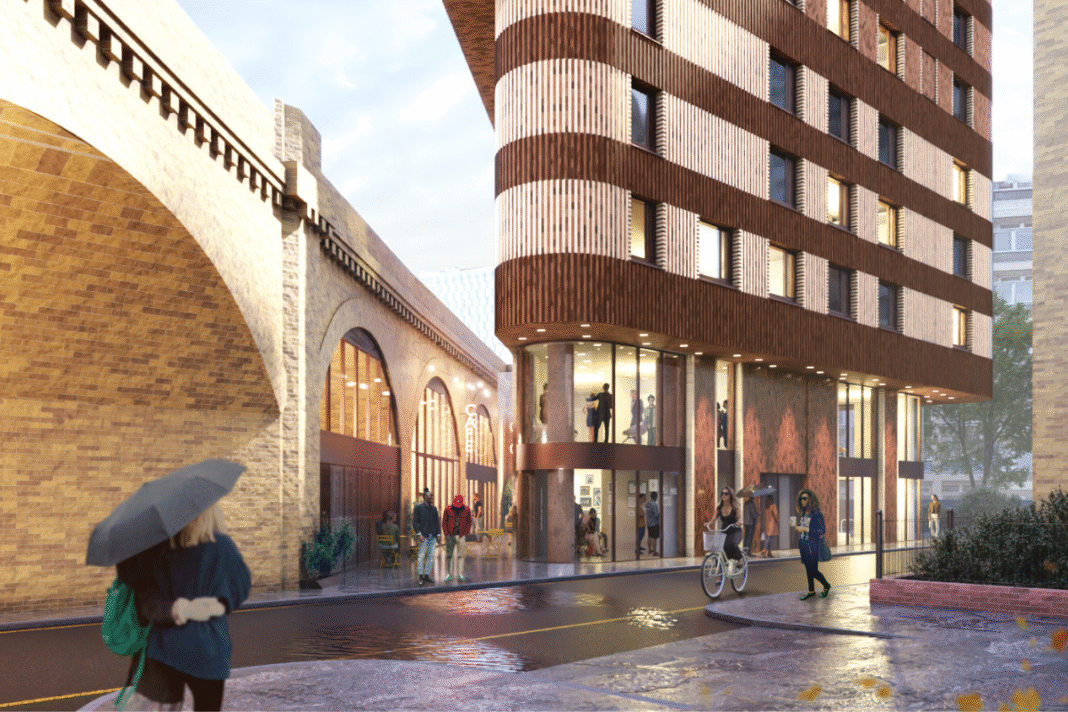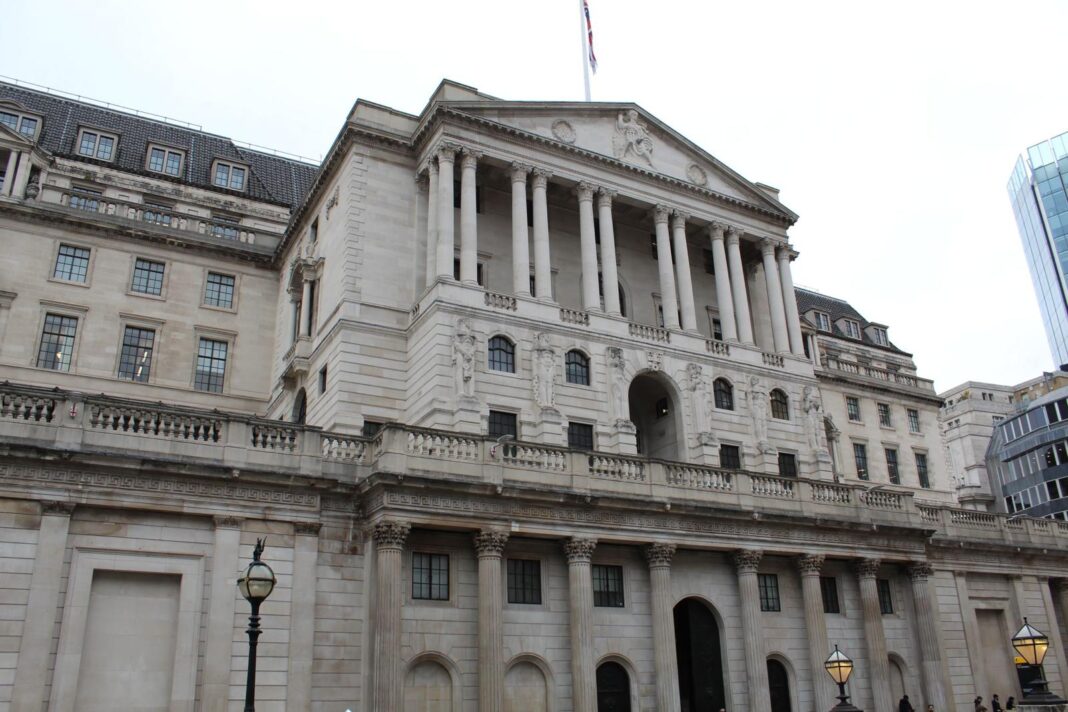Single earners face an almost impossible task in getting onto the property ladder, with new research from mortgage broker Boon Brokers showing that in some UK cities, it could take more than a lifetime – and in others, it’s not possible at all.
The study, which modelled savings potential against average incomes, house prices, and rent across major UK cities, found that for renters in London and Bristol, homeownership is “mathematically impossible.”
In both cities, the average single earner is left with a monthly deficit after paying rent and essential living costs.
In Cambridge, a single renter on an average income would need an extraordinary 157 years to save enough for a typical deposit, while in Manchester the timeline stretches to 35 years, and in Leeds, more than 20 years.
REALISTIC PATHWAYS
Lower-cost cities such as Liverpool and Glasgow offer the only realistic pathways to ownership, with renters there able to save enough for a deposit in as little as three to four years – assuming stable incomes and no unexpected expenses.
Even so, the report highlights that rent remains the single greatest barrier for first-time buyers. A typical single renter can save at most £798.82 a month, far below the pace needed to keep up with rising property prices.
For those able to live rent-free with family, affordability improves dramatically – though even this comes with caveats. In London, a single earner living at home would still need to save for nearly 17 years to afford an average property.
In Bristol and Cambridge, the figure stands at around 13 years, underscoring how high property prices continue to block entry even under near-ideal circumstances.
OUT OF REACH

Gerard Boon, Managing Director of Boon Brokers, says: “The data highlights just how challenging homeownership has become for single earners.
“Without a gifted deposit or the support of a partner, buying an average property is likely to remain out of reach until later in life.”
With house price growth continuing to outpace wage increases, the report concludes that homeownership for single people is becoming increasingly dependent on family support or inheritance, rather than savings or financial discipline alone.









